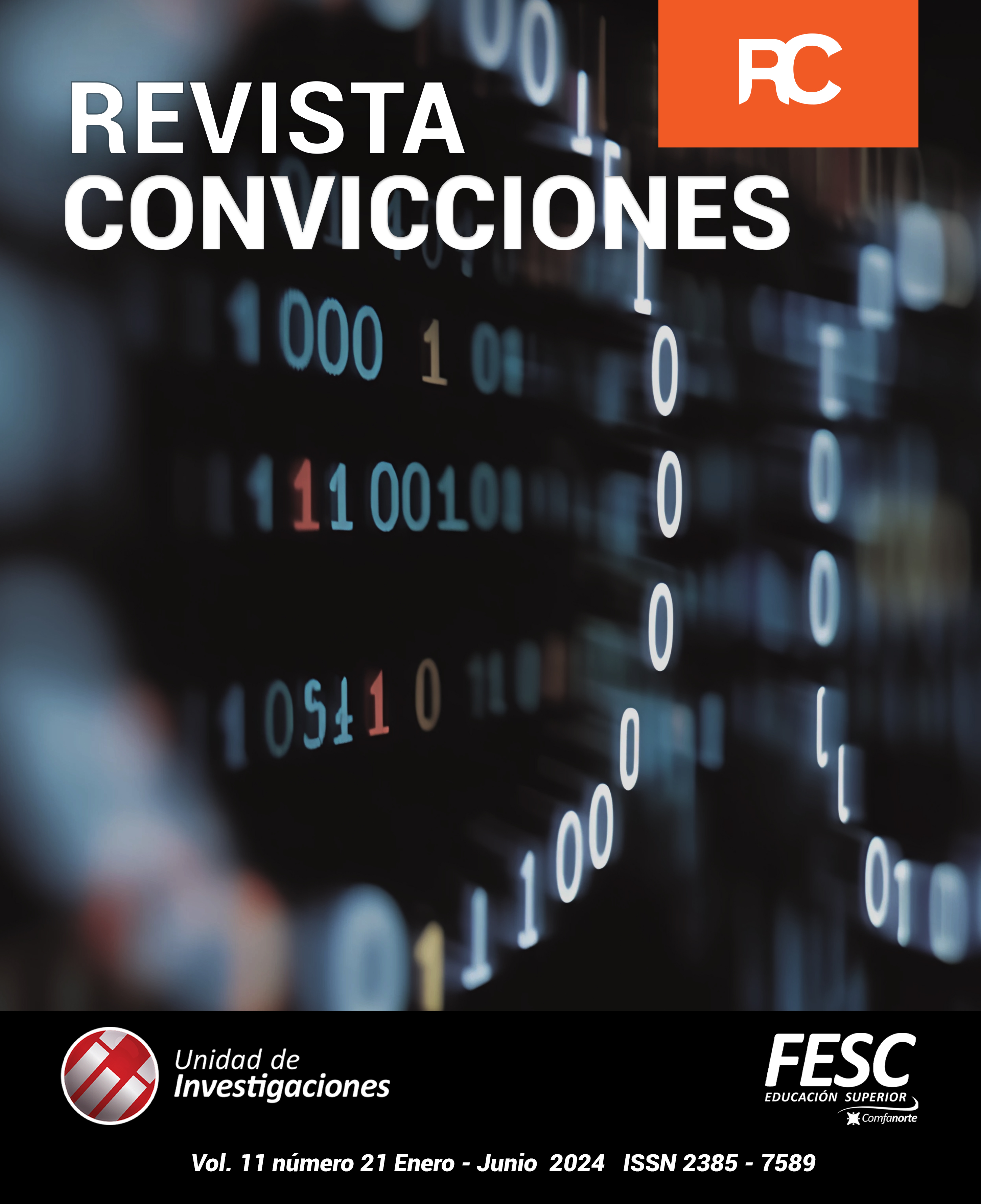Importancia de la fotografía documental en el conocimiento del conflicto armado en Colombia de 1980 a 2006
Palabras clave:
Colombia, Conflicto, Conflicto armado, Fotografía, Fotografía documental, Historia.Resumen
Este estudio analiza la importancia de la fotografía documental en la comprensión del conflicto armado en Colombia entre 1980
y 2006. Investigaciones previas, como las de Pérez (2016) y López (2015), han demostrado cómo la fotografía documental puede
influir en la percepción pública de conflictos armados, mientras que Ramírez (2018) y Martínez y Gómez (2016) destacaron su papel
en la memoria colectiva y la denuncia social. El objetivo general de esta investigación es reconocer la relevancia de la fotografía
documental en la comprensión del conflicto colombiano, identificando su función, recopilando imágenes significativas y proponiendo
estrategias para su preservación y difusión.
Los resultados evidencian que la fotografía documental ha sido crucial para visibilizar las violaciones de derechos humanos y
humanizar a las víctimas, además de incidir en la construcción de la memoria colectiva. Fotografías emblemáticas de autores como
Jesús Abad Colorado y Nereo López capturan momentos esenciales del conflicto, reflejando tanto su impacto social como político,
al final se proponen estrategias como, exposiciones fotográficas, archivos digitales y campañas en redes sociales para preservar y
difundir estas imágenes. La conclusión subraya que la fotografía documental no solo preserva la memoria histórica sino que también
sensibiliza y promueve la reflexión crítica, constituyéndose en una herramienta valiosa para la educación y la concienciación sobre el
conflicto armado en Colombia.
Referencias
-
Descargas
Publicado
Número
Sección
Licencia

Esta obra está bajo una licencia internacional Creative Commons Atribución-NoComercial-CompartirIgual 4.0.

